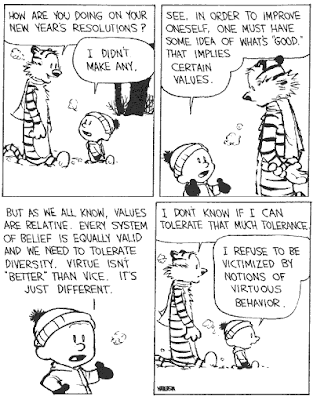The Right to Lie
How far should one take the freedom of speech? India goes to one extreme: just think of how we ban anything and everything the moment any random person says it offends him. Salman Rushdie’s book, MF Hussain’s paintings, Danish cartoons, the list is endless. Vir Sanghvi wrote that that freedom of speech is really the freedom to offend . That doesn’t sound right at first, but Sanghvi’s went something like this: Isn’t freedom of speech the right of the speaker to say what he wishes, criticize who he wants? Otherwise, the way we yield to every radical group, aren’t we treating it as the right of the listener to not be offended by what others say? Most countries that allow freedom of speech include the right to lie under its purview. Before you get all moralistic about it, consider taking things to an extreme and making all forms of lieing illegal. You’d then be stuck with having to differentiate the guy who lied knowingly from the guy who genuinely (but mistakenly) thought something w...
